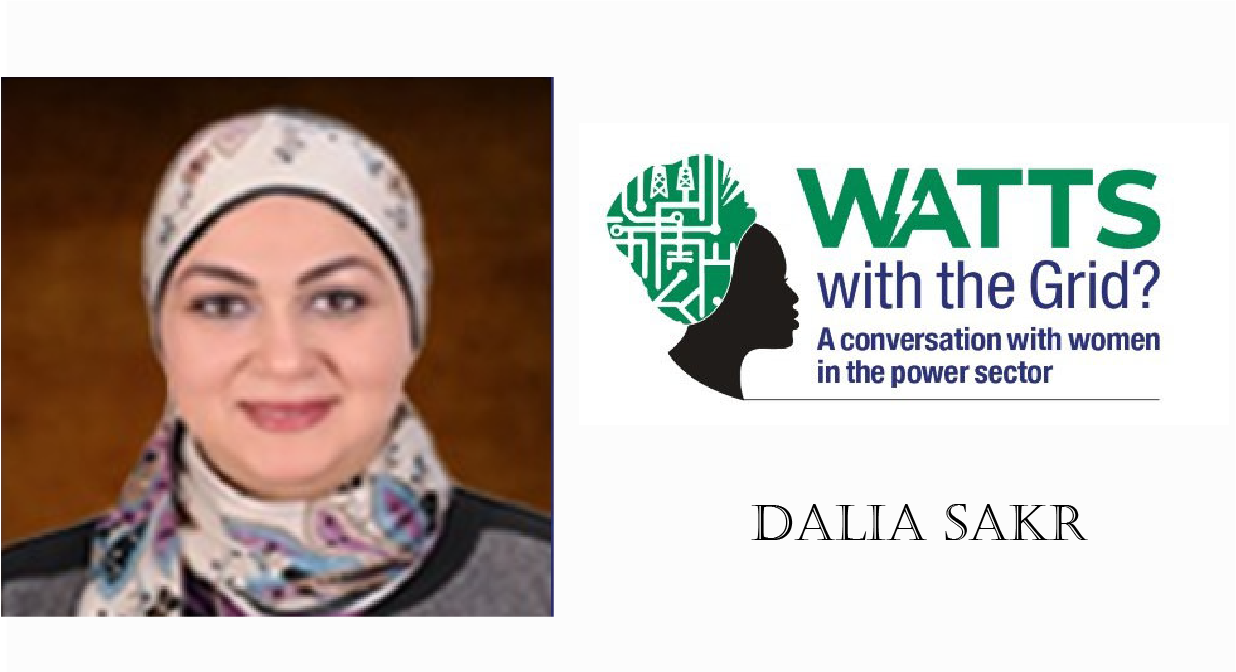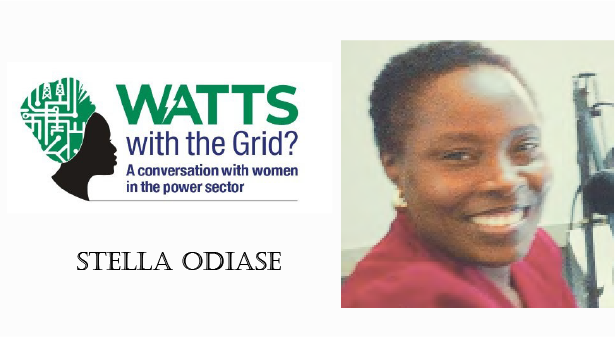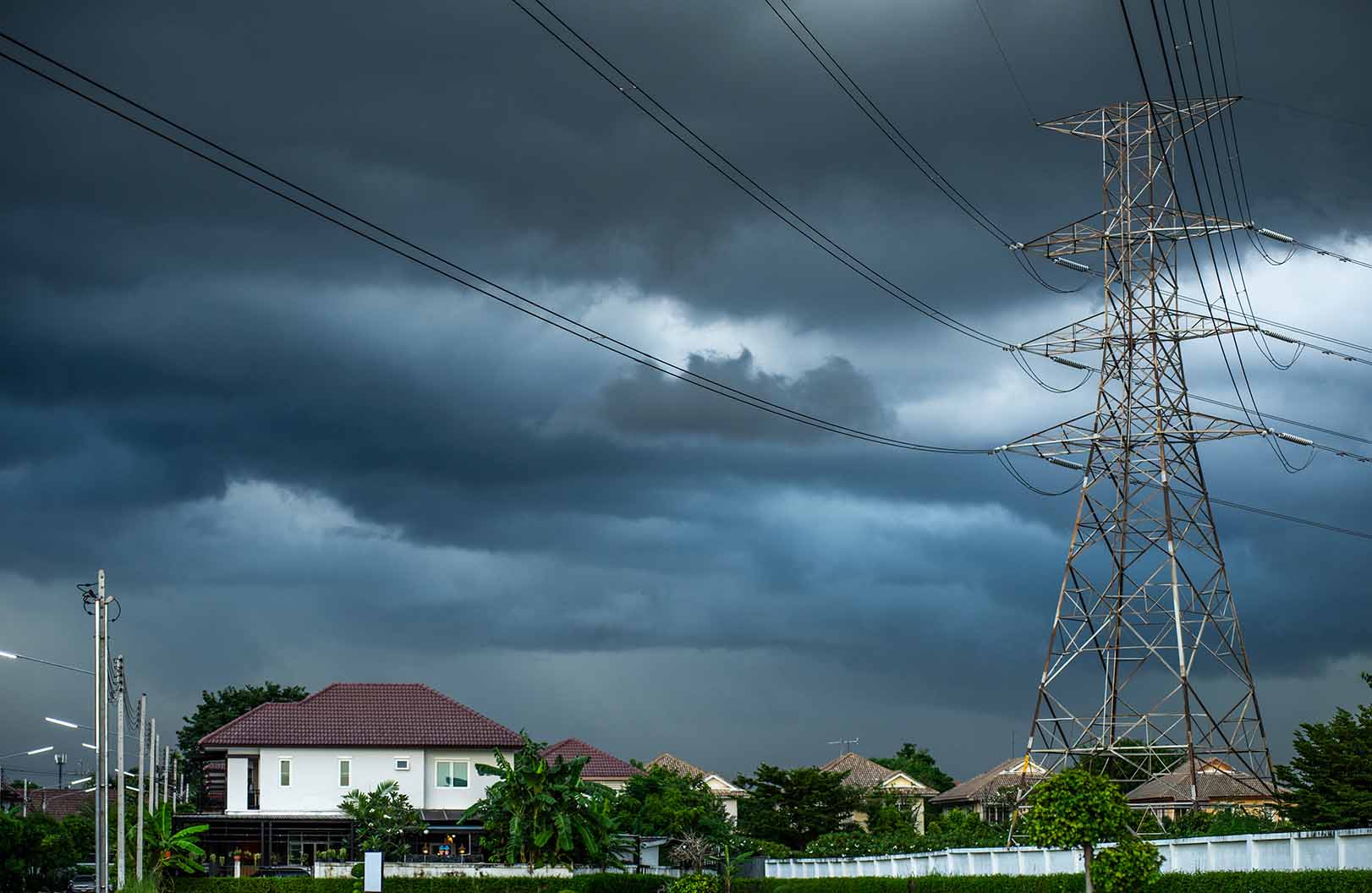Our Infrastructure Finance work focuses on assisting Nigerian agencies responsible for infrastructure with project selection, design, and implementation that ensures this infrastructure benefits a broad range of the population. In this blog, we will explore the tools we developed to ensure a combination of public-private partnerships and project funding build social and physical infrastructure that creates long-term jobs while delivering cross-cutting results like poverty reduction, climate resilience, gender equality and social inclusion (GESI).
We created a PGESI and Climate Framework to support Federal Ministries, Departments and Agencies in assessing the pool of projects that attract private sector funding and increase the pace of implementation of cross-cutting initiatives. International investors such as Multilateral Development Banks, Development Finance Institutions, and other development-oriented financing institutions actively promote gender and climate-smart investment criteria. Therefore, using tools that include these inclusive, developmental parameters improves project eligibility.
This framework is part of UKNIAFs cross-cutting strategy, focused on inclusive, sustainable infrastructure delivery support. It is based on the premise that infrastructure can lead to sustainable development, but only if certain issues are addressed during design and implementation. These issues include climate resilience standards, social constraints to access and the potential for harm, especially for marginalised communities.
Principles guiding the PGESI and Climate Framework
The framework is based on well-known international standards for gender and climate-smart infrastructure investment, such as the CDC Group’s development impact and environmental and social risk due diligence framework, the IFC’s Performance Standards, and the 2X Challenge Initiative’s 2x Criteria for Gender Smart Investment. It demonstrates that when assessing the commercial requirements of a potential investment, the PGESI and other cross-cutting criteria can be easily considered while recognising that they are not mutually exclusive. It will support the federal government in the selection, prioritisation, and creation of detailed projects, as well as in engaging with lenders. It will also be used to strengthen the gender and climate-smart investment capacity of ministries, departments, and agencies.













